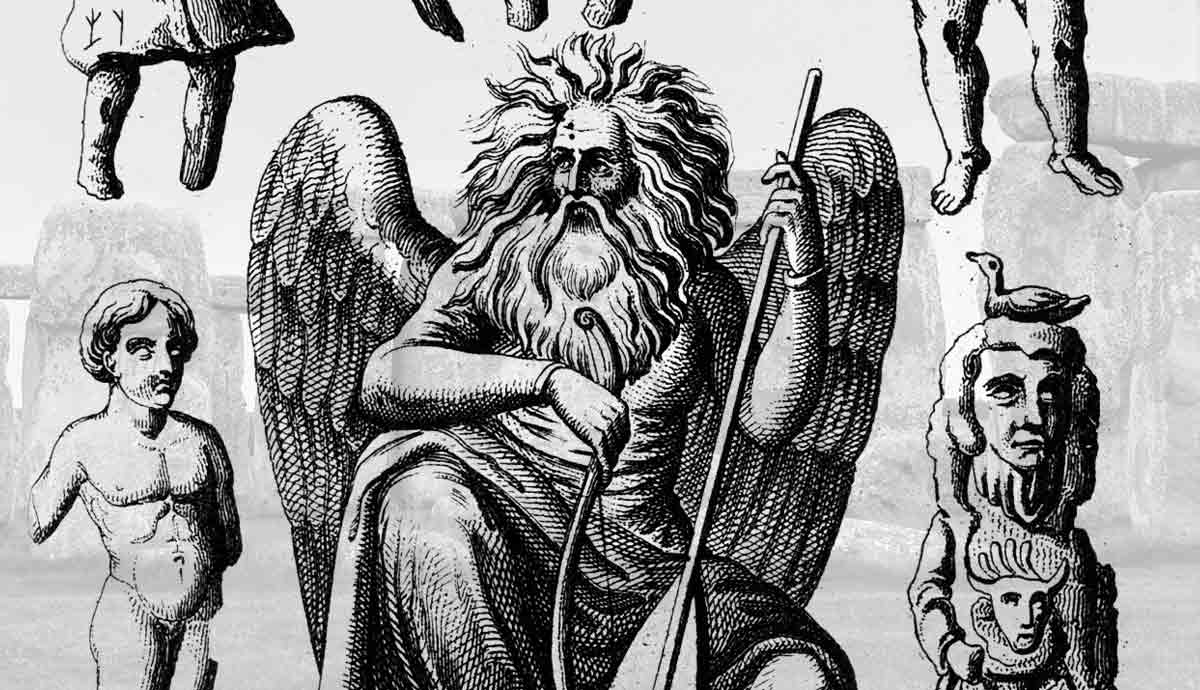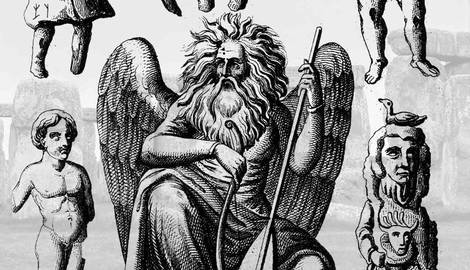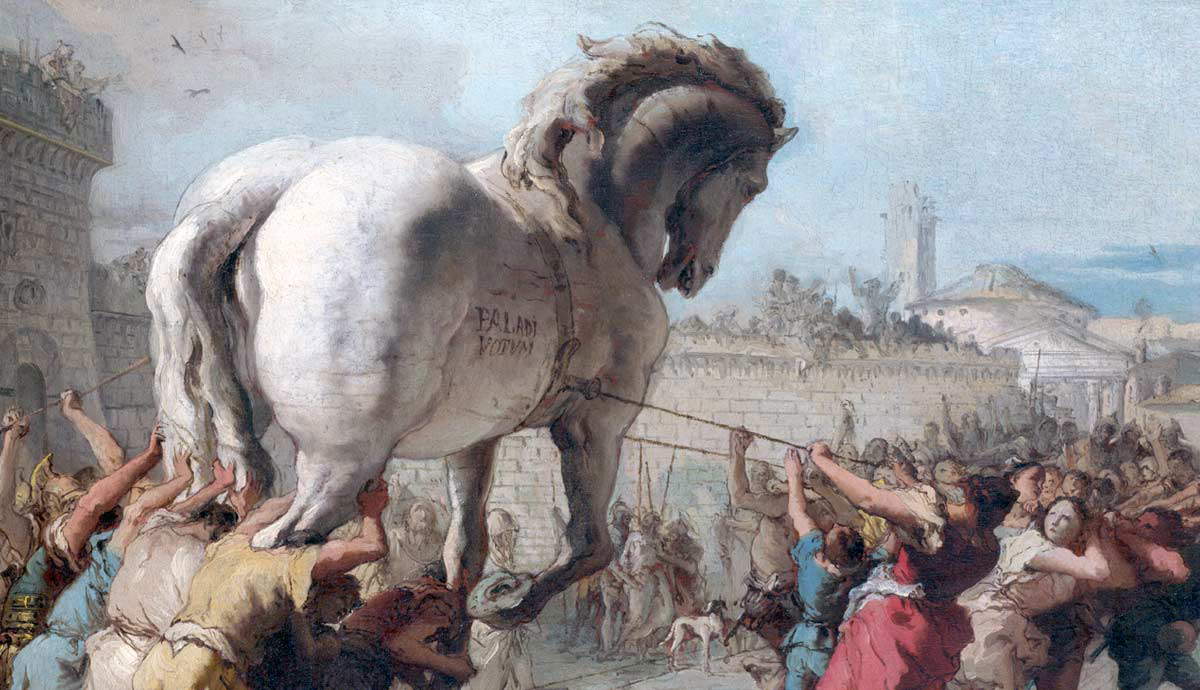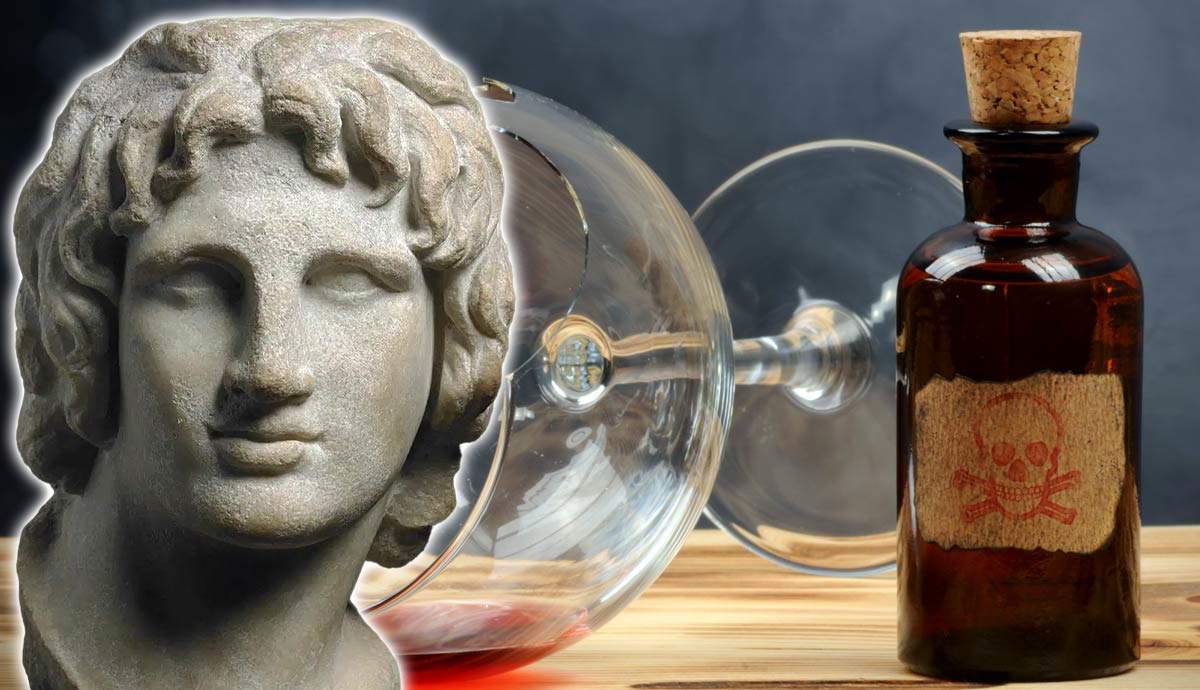
For the ancient Greeks and Romans, we have innumerable written sources of various types that refer to their gods. For this reason, we have a reasonably comprehensive understanding of many of them. In contrast, the gods of the ancient Celts are far more mysterious to us. True, the Greeks and Romans wrote about them, and the Celts themselves left some inscriptions relating to them. Nevertheless, our knowledge about the Celtic gods is far from comprehensive. Based on the sources available, what do we really know about the Celtic gods?
Early Sources for the Gods of the Celts

One of the most useful early sources for the gods of the Celts is Julius Caesar. Writing in the 1st century BCE, his De Bello Gallico provides us with a substantial amount of useful information about the Celts. In one passage, he describes their gods. He begins with the following statement:
“Among the gods, they most worship Mercury. There are numerous images of him; they declare him the inventor of all arts, the guide for every road and journey, and they deem him to have the greatest influence for all money-making and traffic.”
According to this, Mercury was the chief god of the Celts of Gaul. Of course, it seems unlikely that the Celts actually worshiped a god with this name. Rather, this is a case of syncretism, in which the Romans would understand foreign mythologies in light of their own. They would thus use their own names for comparable gods of other cultures, which were known by other names.

There is some debate about which Celtic god Julius Caesar was referring to in the case of Mercury. The most traditional view is that Caesar referred to a Celtic god named Teutates. However, more recently, scholars have generally favored the view that Caesar’s Mercury was actually the Celtic god Lugus. Certainly, the worship of Lugus was widespread, and he could plausibly be viewed as their most important deity.
Caesar goes on to mention the following gods:
“After him they set Apollo, Mars, Jupiter, and Minerva. Of these deities they have almost the same idea as all other nations: Apollo drives away diseases, Minerva supplies the first principles of arts and crafts, Jupiter holds the empire of heaven, Mars controls wars.”
Apollo is usually held to be Belenos. Mars is often equated with Nodens, but another popular view is that he should be equated with Teutates. Since Teutates was clearly a popular god, but Caesar’s Mercury can probably be equated with Lugus, Teutates is a good candidate for Caesar’s Mars. Minerva would appear to be Brigantia, while Jupiter was Taranis.
Worship of Apollo in an Even Earlier Period

There is another interesting record from the 1st century BCE, which may well preserve the earliest surviving record about the worship of the Celtic gods. Diodorus Siculus, writing in the same century as Caesar, referred to an account of a historian named Hecataeus of Abdera who lived in the 4th century BCE. His account, which comes from c. 300 BCE, described an island no smaller than Sicily in the sea beyond the land of the Celts.
This would appear to reference Britain, and most commentators accept this interpretation. In his description of this island, Hecataeus claimed that the chief god of the inhabitants of one particular city on this island was Apollo. This broadly agrees with Caesar’s presentation of Apollo as one of the chief gods of the Celts. Of course, Caesar actually presented Mercury as the chief god of the Celts, not Apollo. Nevertheless, it is not difficult to think of at least two possible explanations for this.

The first possible explanation is that the gods of the Celts were worshiped slightly differently in Britain than how they were in Gaul. Naturally, the Britons did not have precisely the same culture as the Gauls on the continent. Therefore, it would not be surprising for “one of” the chief gods of the Gauls to be worshipped as “the” chief god by the Britons.
Alternatively, it may simply be that Apollo, that is, Belenos, gradually lost some importance to Mercury, that is Lugus, over the centuries. Caesar was writing more than two centuries after Hecataeus, after all.
In any case, this shows that the so-called Apollo was very important to the Celts, at least to those of Britain, from an early period. As mentioned earlier, he can likely be identified with the Celtic god Belenos. Numerous inscriptions dedicated to Belenos have been found in Britain. Also, Belenos was associated with some of the same iconography as that used by the Apollo of the Greeks.
Universal Celtic Gods

Countless Celtic gods appear in just a few inscriptions and at isolated locations. This has contributed to the view that, essentially, each of the Celtic tribes had its own unique gods and that there were essentially no universal Celtic deities. However, many scholars have justifiably come under fire for this view. For one thing, many of the unique names that appear on inscriptions do not necessarily denote unique gods. Rather, they may well be epithets given to more widely-known gods.
Furthermore, there is clear evidence that some gods were worshipped throughout the Celtic world. The Encyclopedia Britannica explains it this way:
“The notion of the Celtic pantheon as merely a proliferation of local gods is contradicted by the several well-attested deities whose cults were observed virtually throughout the areas of Celtic settlement.”
Therefore, we can be sure that the pantheon of the Celts was not just made up of countless unique local gods. What were some of the more universal gods?

First, we have already mentioned that there is evidence that Lugus was widely worshiped. Inscriptions directly mentioning him appear in Iberia and Gaul. Place names throughout Celtic Gaul testify to his worship there, such as in the name of the city Lugudunum, modern-day Lyon in France. Numerous other examples of such evidence exist. In Britain and Ireland, certain figures from medieval mythological texts appear to preserve direct evolutions of Lugus, showing that he was worshipped there too.
Another example is Brigantia, another deity we have already mentioned. She appears to have been the Minerva of Caesar’s record. As with Lugus, place-name evidence supports the idea that she was worshipped across the Celtic world. As well as several inscriptions from Britain, the Brigantii of Austria bore her name. Similar examples can be seen in France and even Portugal. Therefore, Lugus and Brigantia were demonstrably universal Celtic gods, but several others could also be mentioned.
The Mystery of Cernunnos

Another widely worshipped deity was Cernunnos, and he is a fairly famous Celtic god today. His depiction on the Gundestrup Cauldron is a well-known Celtic image. Yet, there is some controversy surrounding this Celtic deity. The main issue is that his name, Cernunnos, only actually appears on a single inscription. This is the Pillar of the Boatmen from Paris, dating to the 1st century CE. For this reason, some scholars argue that this “name” could actually have just been a local epithet. Nevertheless, in the absence of an alternative, we can do no better than to accept “Cernunnos” as the name of this Celtic god.
Interestingly, Caesar stated in De Bello Gallico that the Celts considered themselves to be descendants of Dis Pater. He was the Roman god of the underworld. For a variety of reasons, scholars often associate Dis Pater with Cernunnos. In addition to his role as a god of the underworld, the fact that Cernunnos was evidently quite widely worshiped also ties in with his being the god mentioned by Caesar. His depictions have been found not only in France but also in Italy and Denmark.
What We Really Know About the Gods of the Celts

In summary, we know comparatively little about the gods of the Celts, but there is still a lot that we can piece together. According to Caesar, we can discern that the chief god of the Celts was a so-called Mercury, apparently the Celtic god Lugus. The gods Belenos, Teutates, Brigantia, and Taranis were also widely worshipped as important gods. Although some claims exist that each Celtic tribe worshiped unique gods and that there was no universal pantheon, this is not well supported. Plenty of evidence exists that there were at least some universal gods worshiped all over the Celtic world. Examples include the aforementioned Lugus and Brigantia.
Belenos, in the guise of Apollo, appears to have been particularly important to the early Celts, especially those of Britain if not those of the continent. We can discern this from the evidence from Diodorus Siculus, reporting the findings of Hecataeus of Abdera. He claimed that Apollo was the chief god of at least one area of Britain in c. 300 BCE.










